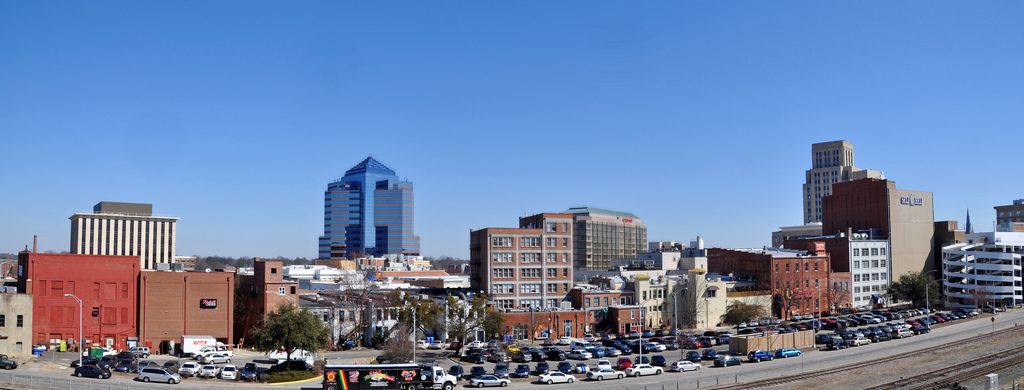
Well I have been thinking long and hard about what I wanted to talk to you about concerning community participating in the budgeting process. I must explain the current budgeting process here in Durham. We have what is called Coffee with City Council with all five PACs (Partners Against Crime) districts. PACs are supposed to be the groups that represent the different neighborhoods. There is also Council meetings with other groups, and finally we have two open public hearings in April and June. I think we have more than enough community input, but what I think is the problem is that City Council and city staff don’t often value the citizen input and therefore the recommendations aren’t funded. While there are open meetings and a transparent process, it feels more like staff “checking the box” of doing things. It is not effective for particular neighborhoods. City Council does fund great things for high income communities and businesses in certain areas but allow low income communities to get worse. In turn, businesses in those low income areas are denied resources to help grow their businesses.
The election process plays a large role in this budgeting issue. The election system of at-large city council seats used to be a ward system in Durham. This ward system may have been more equitable than the current election system. A ward system makes sure that different parts of a town have their person as an advocate for their needs. This gives a more effective voice and better influence in making decisions. Durham having all at-large council members dilutes the voice and power of some parts of the city.
Whether something gets funding or not also depends how much the city has invested in a neighborhood previously. I recently attended a joint County Commission/City Council meeting. At the meeting, Mayor Bill Bell said that homeowners in the Southside neighborhood – which is being redeveloped with a lot of help from the city, need help in paying their property taxes for the next three years. Because the city has a lot at stake, this neighborhood is getting more support than other neighborhoods. While helping with someone’s rent is a nice thing to do, it will not help in the long-term. What happens at the end of the 3 years if peoples’ income hasn’t gone up? The other issue is that there has been no conversation about home owners on a fixed income who’s property taxes continue to rise. The renters and homeowners need an economic plan to boost their income – that is what is really needed. These short-term handouts are not needed.
I’m curious as to how to fix this. Should go back to a ward system? If we can’t go back to a ward system, how can we best make our elected officials hear our concerns and make sure our priorities are funded?